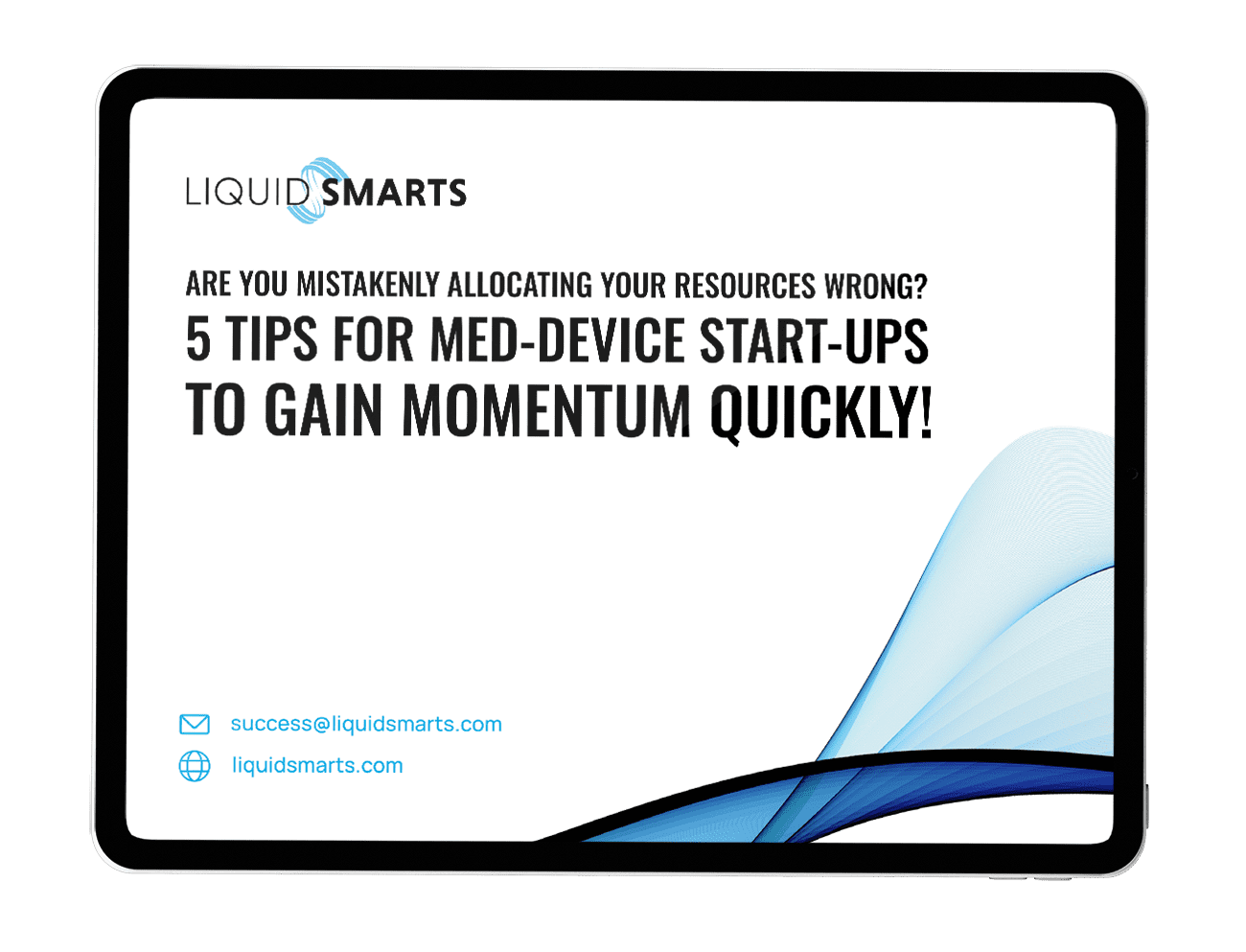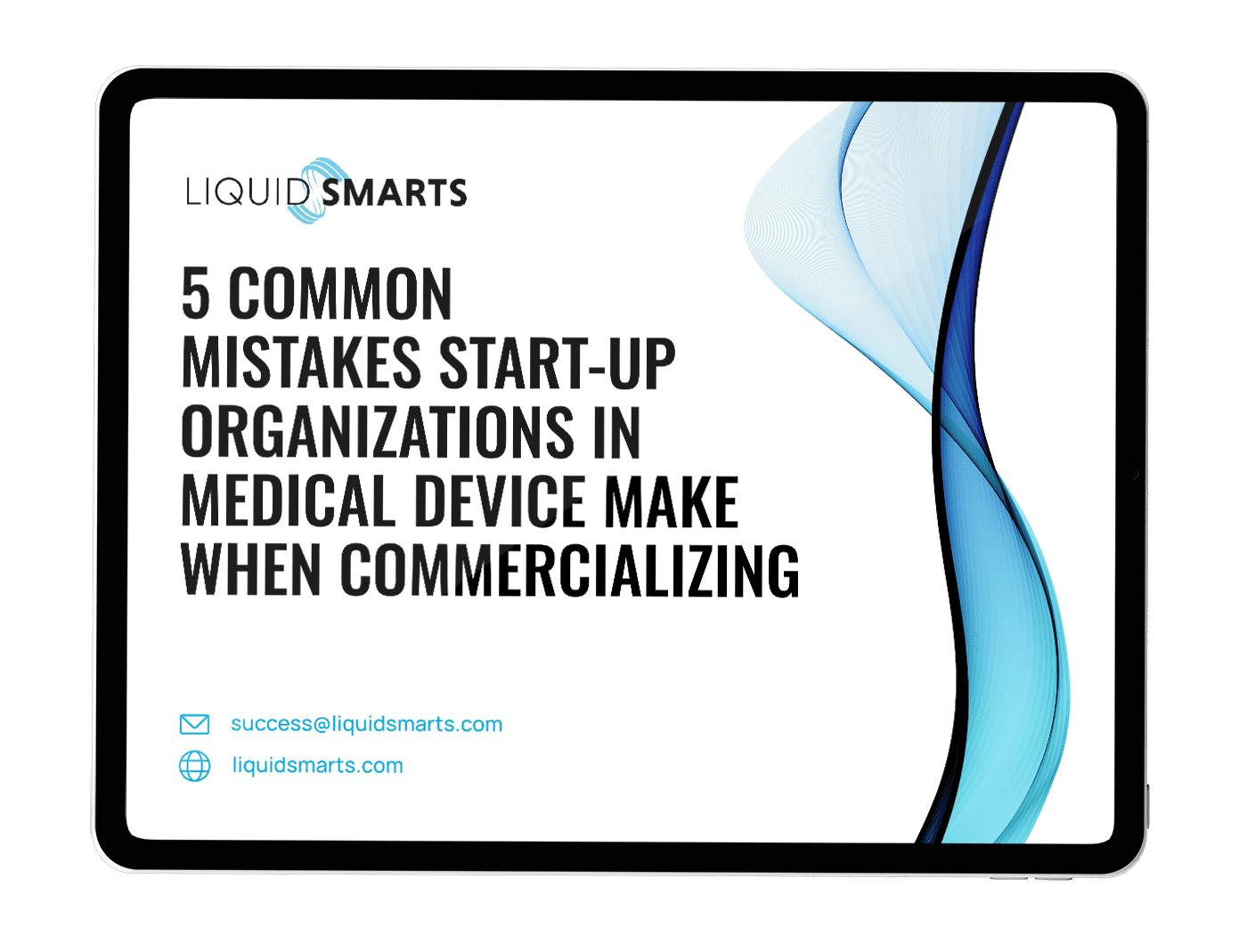The healthcare sector is at a critical crossroads. Disruptive technologies and shifting consumer preferences have created an environment where innovation is essential for continued success.
To stay ahead of the curve, organizations must create and foster innovative ecosystems that are agile enough to develop new solutions quickly while providing seamless integration with existing processes. Managers, leaders, and founders must actively develop these Healthcare Innovation Ecosystems, leveraging them to maintain our competitive advantages even as industry dynamics change around us.
Let’s explore the core components that lead to successful Healthcare Innovation Ecosystems and discuss how creating one affects healthcare delivery now and into the future.
Understanding Healthcare Innovation Ecosystems
The Definition and Significance
A healthcare innovation ecosystem can be defined as a collaborative mechanism that integrates value chain participants through a standard commercial model and virtual data backbone. It is a space where different stakeholders interact to provide innovative solutions to the market. These ecosystems have the potential to deliver personalized and integrated healthcare experiences, enhance provider productivity, engage formal and informal caregivers, and ultimately improve outcomes and affordability.
The Triple-Helix Model
One approach to studying healthcare innovation ecosystems is through the Triple-Helix model. This model involves the collaboration of academia, industry, and government, guided by focal actors. The model aims to drive impactful innovation in the healthcare sector by leveraging each stakeholder’s unique capabilities and expertise. An exemplary case study from Italy showcases how cloud and artificial intelligence-based solutions have been provided to general practitioners (GPs) under the guidance of the Italian Association of GPs.
Evolution and Development of Healthcare Innovation Ecosystems
Origins and Growth
The development of healthcare innovation ecosystems can be traced back to the emergence of Industry 4.0 technologies. These technologies, such as artificial intelligence, cloud computing, and data analytics, have paved the way for innovative solutions in healthcare. Institutions, firms, and academia have leveraged these technologies and collaborated on groundbreaking projects. The growth of these ecosystems has been fueled by a fruitful exchange of knowledge and resources among the participants.
The Impact of COVID-19
The COVID-19 pandemic has acted as a turning point for healthcare innovation ecosystems. It has highlighted the need for immediate solutions to monitor health conditions, organize testing, and facilitate the distribution of vaccines. The dimensions of these ecosystems have been altered to address the challenges posed by the pandemic. However, data triangulation has revealed several technical, organizational, and administrative barriers that hinder the widespread adoption of these solutions at national and regional levels.
Benefits and Challenges of Healthcare Innovation Ecosystems
Benefits
Healthcare innovation ecosystems offer numerous benefits to the healthcare industry and society. By fostering collaboration and knowledge exchange, these ecosystems enable the development of cutting-edge solutions that improve patient experiences, enhance outcomes, and reduce costs. Integrating technology, value, and capabilities within these ecosystems facilitates personalized and integrated healthcare delivery, empowering individuals to take charge of their health.
Challenges
While healthcare innovation ecosystems hold great promise, they also face significant challenges. The complex nature of healthcare requires careful consideration of ethical, legal, and regulatory aspects. The interoperability of different technologies and systems poses a challenge, as seamless data capture, management, and exchange are crucial for the success of these ecosystems. Additionally, engaging and aligning diverse stakeholders and allocating sufficient resources are critical factors in overcoming challenges and ensuring sustainable innovation.
Case Studies: Healthcare Innovation Ecosystems in Action
Case Study 1: Retail and Technology Players in Healthcare
Retail and technology giants like Amazon have entered healthcare, leveraging their core competencies to offer more accessible and affordable care. These players have disrupted the traditional healthcare and life sciences enterprises, prompting them to reinvigorate their innovation ecosystems. By embracing new technologies and collaborating with startups, conventional healthcare enterprises can remain nimble and drive transformation in their business models.
Case Study 2: Innovation Ecosystems in Europe’s Outermost Regions
Europe’s outermost regions face unique challenges in delivering healthcare services. The Innovation Capacity Building for Higher Education in Europe’s Outermost Regions (INCORE) project aims to overcome these challenges by creating innovation ecosystems. By bringing together academia, industry, and government, the project seeks to develop solutions tailored to the specific needs of these regions. The support and collaboration of various stakeholders are crucial for the success of these ecosystems.
Implications for Health Policy
The findings from various studies and case studies on healthcare innovation ecosystems have several implications for health policy. Policymakers must address the technical, organizational, and administrative barriers hindering the widespread adoption of innovative solutions. They should prioritize the development of a supportive regulatory framework that promotes collaboration and innovation while ensuring privacy and security. Additionally, investments in research and development, infrastructure, and talent are vital for the sustainable growth of healthcare innovation ecosystems.
Healthcare innovation ecosystems have emerged as transformative enterprises that have the potential to revolutionize healthcare delivery. By fostering collaboration, knowledge exchange, and technology integration, these ecosystems can enhance the quality of care and improve the well-being of individuals.
While challenges exist, policymakers, healthcare providers, and industry leaders must work together to overcome barriers and unlock the full potential of healthcare innovation ecosystems. Through collective efforts, we can shape a future where personalized and integrated healthcare is accessible.







